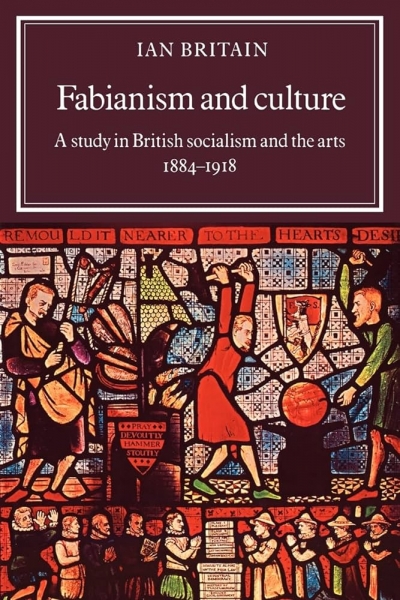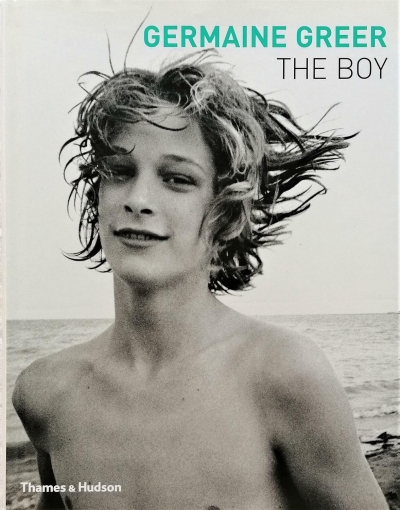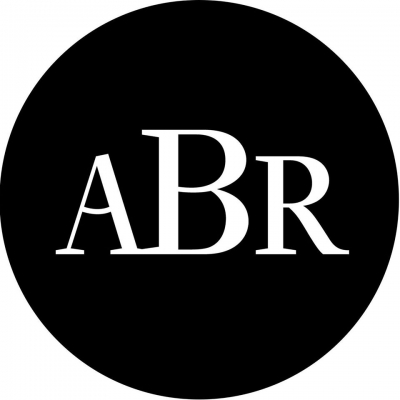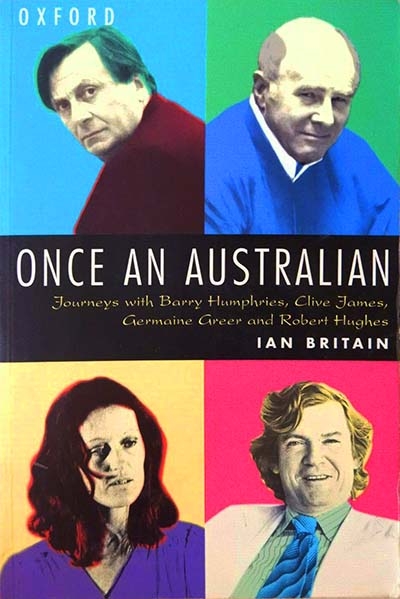Ian Britain
The quirky kind of pleasure’ provided by coincidence; the ‘rightness’, whether logical or poetic, of connections between seemingly unconnected people, particularly connections that are inadvertent or may remain unknown to the people concerned; the ‘pleasing symmetry’, in retrospect, of various experiences we share with another human being, even when the experiences concerned were painful ones and their circumstances tragic: these are but a few of the broader observations, incidental but also integral, strewn throughout Two Lives (2005), Vikram Seth’s recent memoir of his great-uncle Shanti and Shanti’s German-Jewish wife, Henni. Integral not only to their nephew’s story of their fortuitous coming together in Nazi Germany and subsequent lives in England, but also to the life experiences of Seth’s readers, including (in my own case, certainly) the experience of reading the book itself. Such riches as are to be found in this story of ‘strange journeys’ and ‘chance encounters’ may also be found, Seth observes at the end, ‘behind every door on every street’. For me, the coincidences, inadvertent connections and serendipitous symmetries I found in the author’s trajectory and mine came to border on the uncanny.
... (read more)Fabianism and Culture: A study in British socialism and the arts 1884–1918 by Ian Britain
Meanjin edited by Ian Britain & Overland No. 181 edited by Nathan Hollier
As mouths go, it must be one of the most fabled of the century past. The lips, as widely parted as they could be, suggest the contours of a distended heart. There is an upper gallery of teeth, slightly imperfect, and glazed by spittle mingling with the crystal darts and droplets of a powerful jet of water issuing relentlessly from above the face. A mottled tongue is ...





